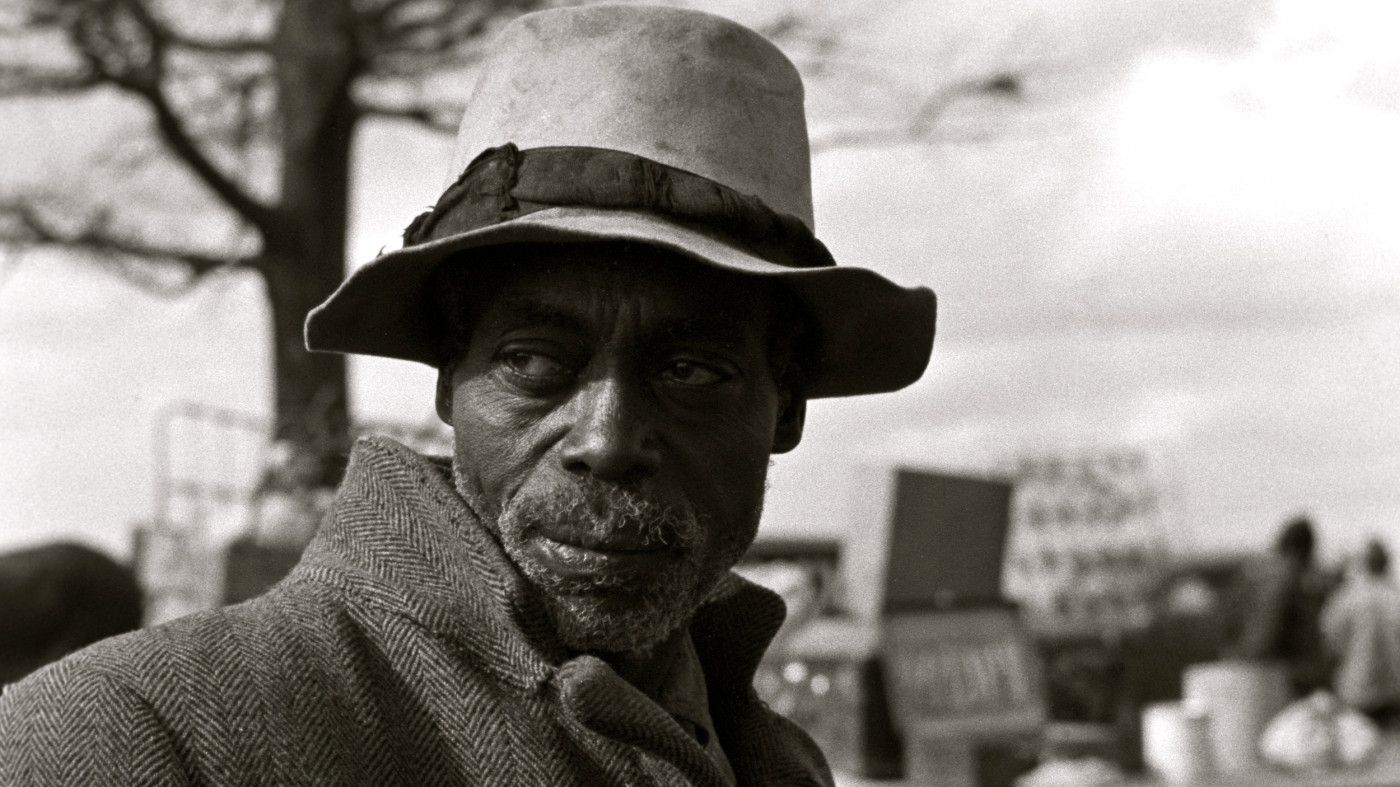
A few years ago, I read slave narratives to explore the lives of black agricultural workers after the end of the Civil War. The narratives came from the Federal Writers Project of the Works Progress Administration, a program that employed researchers from 1936 to 1938 to interview former enslaved people, producing more than 2,300 narratives that, thankfully, reside online and are fully searchable.
Those whom the law defined as property recounted various unique human experiences — their daily horrors and monotonies, how they freed themselves or learned of their emancipation, the surge of exhilaration upon securing freedom, and how they endured life on the edges of a white supremacist society in the decades thereafter.
As I pored over the narratives, I was struck less by their experiences, as heartrending as they were, than by how their experiences sculpted their self-perceptions. The best explanation of what I gleaned, what social scientists called internalized oppression, describes the psychological trauma that ensues when a person from a stigmatized group believes those negative stigmas.
White folk indoctrinated them into accepting their supposed inferiority. These narratives illustrate the success of this campaign of mental terrorism, and no word conveyed the depth of this internalized oppression more than “nigger.” Now, whenever I hear the epithet, a visual and emotional representation of the heinous process by which a people — my people — were induced to think they were less than trespasses into my thoughts. After years of habitual use of “nigger,” I banished it from my speech to honor the humanity that many never saw in themselves.
For the full story, visit TheUndefeated.com/Features.



